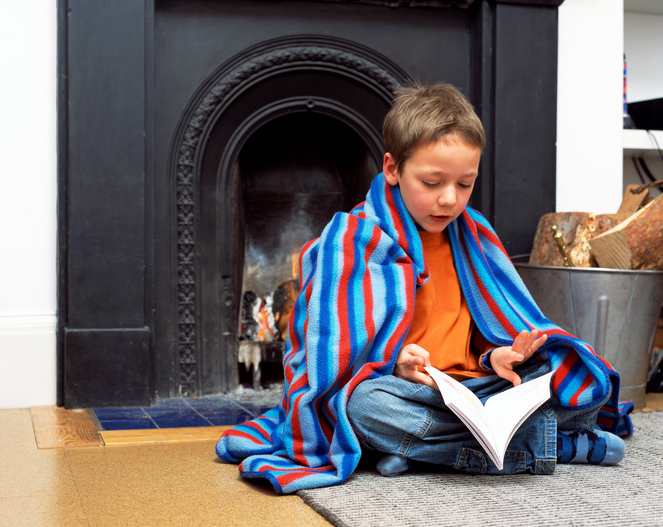
Having comforting and distracting things on hand is a great way to help your child calm down and express their emotions in a positive way.
We’ve talked before about the importance of self-regulation. A great way to self-regulate is to make a coping skills toolbox. This is a collection of items that help to calm a child and keep their emotions feeling balanced and stable. When coping items are gathered together in one place, it’s a lot easier to remember to use them rather than rely on negative behaviors. There are six different types of things to put in a coping skills toolbox. Let’s take a look at these six areas and brainstorm a few things that could go in your child’s toolbox to help them cope during times of distress.
Self-Soothing
These are items that provide comfort to the five senses. Of course, you and your child will know what calms your child best. Here are a few ideas to get you started:
- Something to touch: this can be something like a soft stuffed animal or a stress ball.
- Something to hear: this can be a CD with calming music or a rainstick.
- Something to see: this can be a picture your child is proud of drawing or some happy family photos.
- Something to taste: this can be some mints, tea, or something else your child likes.
- Something to smell: You can make a pouch filled with rose leaves and few drops of essential oil for something good to smell.
Distraction
Sometimes it helps to take your mind off a problem for a bit until you’ve cooled down. Having a distraction on hand can help take your child’s mind off of their negative emotions and direct their attention towards something else. Consider including things your child may like to play with, like coloring books, sudoku, puzzles, and books.
Opposite Action
When you’re feeling bad, sometimes it helps to try doing something that will make you feel otherwise. An opposite action is doing something that is opposite of your negative impulses and more aligned with things that elicit a more positive response. So, instead of hitting something when your child feels upset, they can do an opposite action that may make them feel better. This can be something like writing down good things about themselves or looking at something that makes them laugh.
Emotional Awareness
One of the best ways to control your emotions is to be able to recognize them. There are games you can play that will help to promote recognizing social cues. A good way to help your child recognize their own emotions is to include a journal or art supplies in their toolbox. Whenever they are feeling angry or sad, they can express their feelings by writing them down or drawing them.
Mindfulness
Mindfulness is the practice of focusing on the moment, rather than on past mistakes or future anxieties. A few good objects to promote mindfulness are meditation or relaxation recordings, sensory toys, or a chart of breathing exercises.
Crisis Plan
When the coping skills aren’t enough, it’s a good idea to have a plan for how to handle a meltdown. As a parent, you are not alone in making sure your child is safe and healthy. Know who you can turn to when you need help. This can be family or friends, your child’s therapist, a psychiatrist, or others. Having a good network of support is a great way to make sure you don’t become overwhelmed when a crisis happens.
The Connections Therapy Center
The Connections Therapy Center serves families of children and adolescents with disabilities and special needs. We are a team of experts in the fields of pediatric speech, occupational therapy, speech-language pathology, and behavioral sciences. As a team, we offer intensive hands-on therapy for children and adolescents, as well as informative and useful resources for families. If you are interested in learning more about what we can do to help your family, visit us online or give us a call at (202) 561-1110 (Washington, D.C. office) or (301) 577-4333 (Lanham office). Want to get more information on how to help your child thrive? Follow us on Facebook, Twitter, LinkedIn, Google+, and Pinterest.
Source: 1
